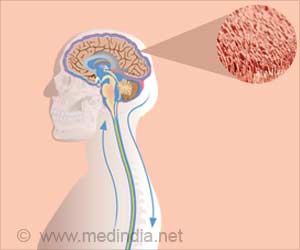
While it’s known that exposure to hypoglycemia alters the shape of the early developmental course, there has been a significant gap in our understanding of how hypoglycemia can alter a child’s development after early childhood. The team’s new study examined the long-term consequences of a child’s brain development in mid-childhood-nine to 10 years old-and found that there was no significant difference in academic outcomes for children exposed to hypoglycemia as newborns, as compared to their peers.
Following 480 children born at risk of neonatal hypoglycemia, researchers assessed each child at aged nine to 10 in five key areas: academic achievement, executive function, visual-motor function, psychosocial adaptation, and general health. All child participants were involved in previous studies, providing researchers with information on their neuro-development outcomes at two and 4.5 years old.
The research team says that this catch-up in neuro-cognitive function could be because of brain-plasticity—the brain’s ability to adapt, change and mature as a result of experience.
“It’s a big relief to know that babies who are born with and treated for a condition as common as hypoglycemia are not likely to suffer long-term brain damage,” Thompson said.
Over the past decade, the research team has continued studying the efficacy of dextrose gel to treat low blood sugar in the first 48-hours of a newborn’s life, avoiding the need for babies to go to newborn intensive care units immediately after delivery. Dextrose is a sugar that comes from corn or wheat that is chemically identical to blood sugar.
READ RELATED: Woman in labour told to use shoe laces to clamp her baby's umbilical cord by 999 operator
In an additional study published in the Journal for the American Medical Association, the team assesses the later risks of dextrose gel as a treatment for hypoglycemia in infancy, and found it caused no significant difference to the risk of neuro-sensory impairment at age two. This treatment continues to be widely used outside of New Zealand in a growing number of countries, including Canada, Australia, the United Kingdom and the United States.
The studies, Association of neonatal hypoglycemia with academic performance in mid-childhood and Prophylactic oral dextrose gel and neurosensory impairment at 2-year follow-up of participants in the hPOD randomized trial, were published in the Journal of the American Medical Association this month.
Source: Eurekalert
Source:





